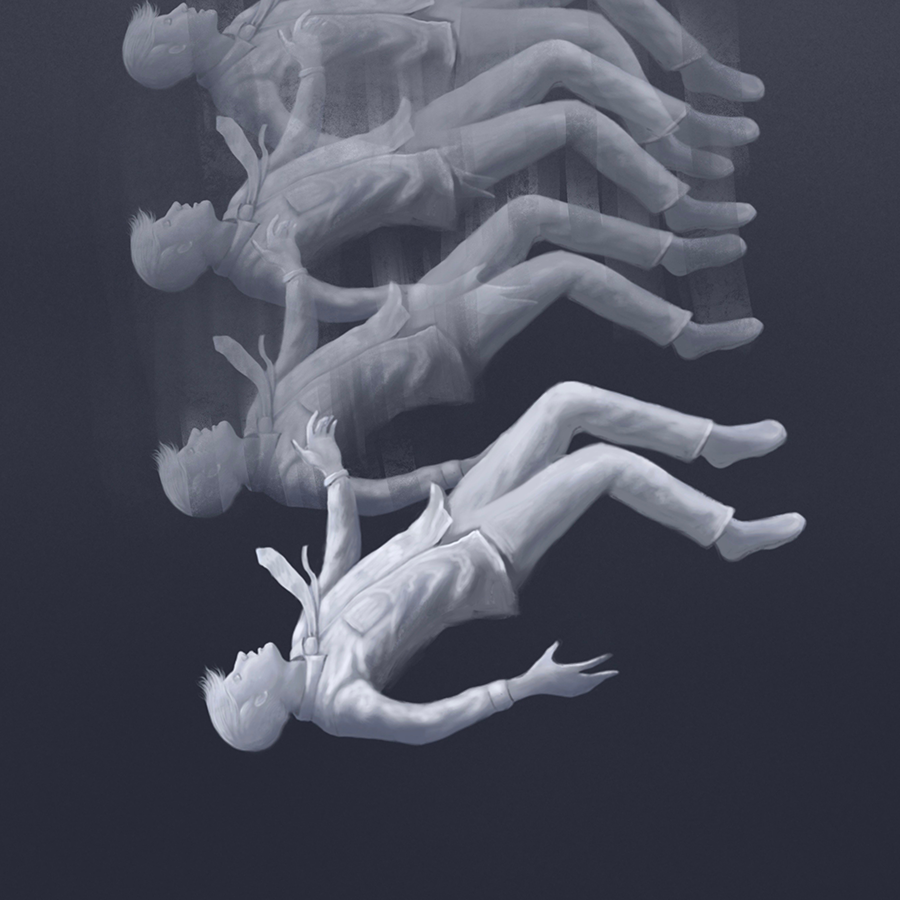Unveiling Men’s Common Fears Through a Lens of Masculinity
Breaking the Silence
Fear is a complex and multifaceted emotion that can stem from a variety of sources, affecting individuals in profoundly different ways.
Dr. Isaac Deas, a licensed mental health counselor with Deas Consulting in Tavares and pastor of New Bethel Community Church in Summerfield, has extensive experience helping people navigate their fears.
Here he provides a comprehensive and insightful perspective on the types of fears men commonly face and offers strategies for overcoming them through perseverance.
Personally speaking, Isaac, having overcome a serious drug addiction, recounts the subsequent loss of respect and stability during his struggles. He says for a long time following his recovery, he feared that the people in his life wouldn’t believe he was clean or truly sorry for all he put them through. Isaac says his path to recovery involved confronting his fears, seeking support and gradually rebuilding trust and self-esteem.
Causes of Fear in Men
According to Isaac, many of these fears are deeply rooted in childhood experiences and societal expectations. The absence of a positive male role model, such as a father or stepfather, can leave men without a clear understanding of what it means to be a man. This gap can lead to insecurity and fear of not fulfilling perceived roles and responsibilities of manhood.
Isaac points out that men who were raised primarily by women might lack exposure to male perspectives on handling fears and challenges. This upbringing can result in men feeling insecure and more likely to seek validation from relationships with women. And that sometimes leads to dysfunctional dynamics.
Isaac says that society promotes the mindset that men must be strong, stoic and self-reliant. Admitting fear is seen as a sign of weakness that prevents many men from seeking help. Isaac stresses the importance of creating safe spaces where men can express their fears without judgment. Counseling and therapy can provide a confidential and supportive environment for men to explore their fears, which plays a vital role in the process.
“Oftentimes, what I tell men I counsel is, ‘You don’t have to be ashamed.’ And I think a lot of times men won’t share because they think their fears are going to be told to someone else,” Isaac says. “We are guarding our confidentiality and if we are open with you, the worst is that it be passed along and we hear about it, because our trust goes out the window for everybody.”
He also says men and women think and process things differently, which can sometimes be a problem, especially if a man is seeking support from, or being confronted by, their wife or companion.
“Sometimes a man may come in with his wife, and I’ll ask her about things, too. I’ll say, ‘Okay, tell me what’s going on,’ and she says it, and then I turn to the man and say, ‘Don’t respond to what she said, just tell me what you heard her say,’” Isaac explains. “Usually, he is so far off, it’s like, ‘What were you listening to? Where were you?’”

